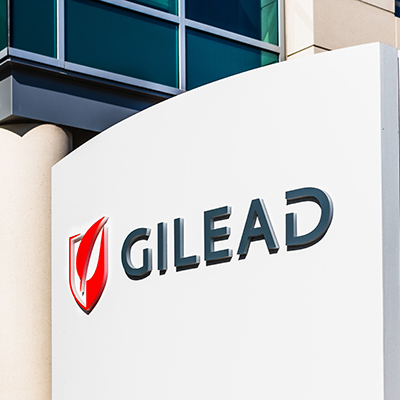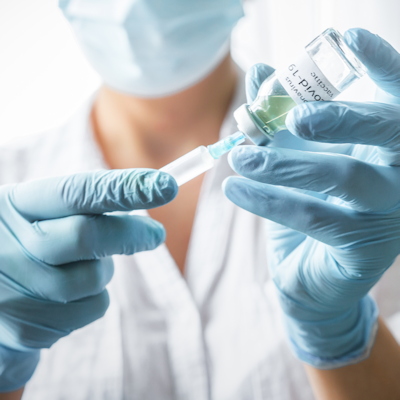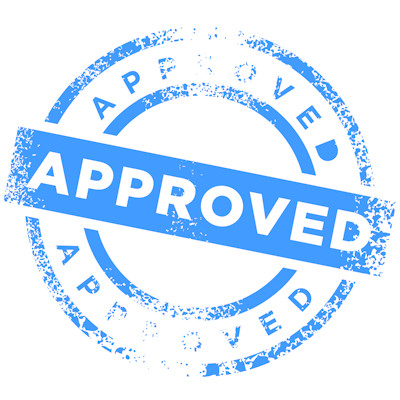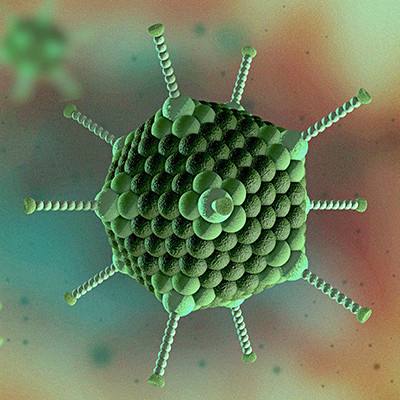December 19, 2022 -- Two randomized, placebo-controlled trials evaluating three Ebola vaccine administration strategies in adults and children found that all regimens were safe in both age groups. The research, published last week in the New England Journal of Medicine, was conducted under the international consortium Partnership for Research on Ebola Vaccination (PREVAC).
Many sub-Saharan African countries regularly face Ebola outbreaks. Vaccines are an essential tool in fighting the spread of the disease.
Beginning in 2017, volunteers were enrolled in Guinea, Liberia, Sierra Leone, and Mali to identify optimal vaccination strategies to curtail Ebola outbreaks. In simultaneously conducted trials, 1,400 adults and 1,401 children (one to 17 years old) were randomized to receive two injections in one of three regimens: Ad26.ZEBOV (supplied by Johnson & Johnson) followed eight weeks later with a booster dose of MVA-BN-Filo vaccine (supplied by Bavarian Nordic); two doses of rVSVΔG-ZEBOV-GP (manufactured by Merck, Sharpe & Dohme Corp.) eight weeks apart; or one Merck vaccine dose followed eight weeks later by a placebo injection.
All vaccine regimens produced antibody responses beginning at 14 days after the first vaccination. Antibodies continued to be detectable at varying levels -- depending on the vaccine and regimen -- in both age groups for one year. Since Ebola vaccines are typically administered during an outbreak, rapid antibody responses help protect at-risk populations. However, as no participants contracted Ebola virus disease during the trials, the level of antibody response that reliably correlates with vaccine-induced protection against Ebola remains unknown. Participants will be followed over five years to assess the vaccines' long-term safety and the durability of the immune response.
Co-author Dr. Mark Kieh, PREVAC physician, credits the trials' strengths, including "outstanding retention of volunteers throughout the course of trial, achieved with continuing community engagement and ongoing trust-building efforts."
For additional information, see ClinicalTrials.gov under identifier NCT02876328.
Copyright © 2022 scienceboard.net











